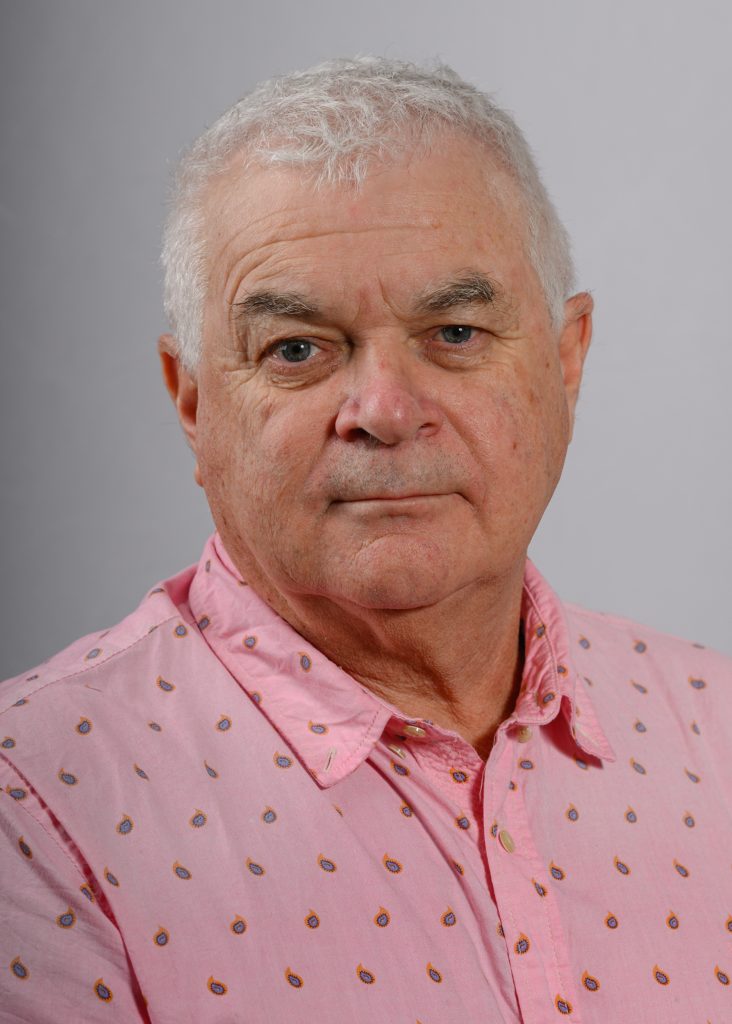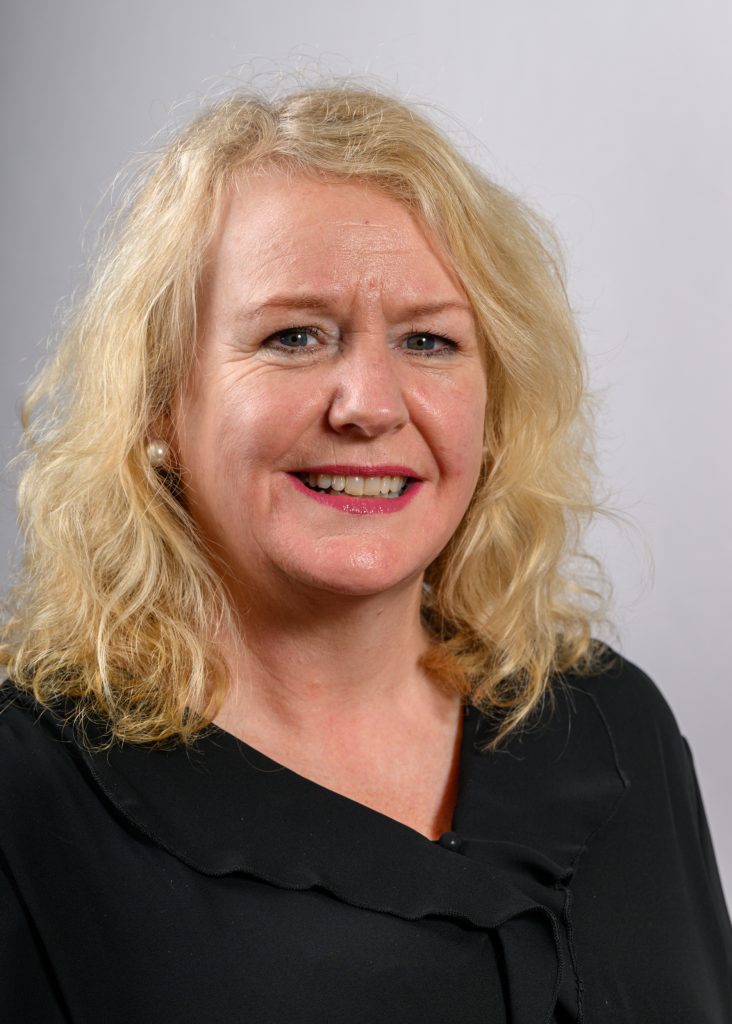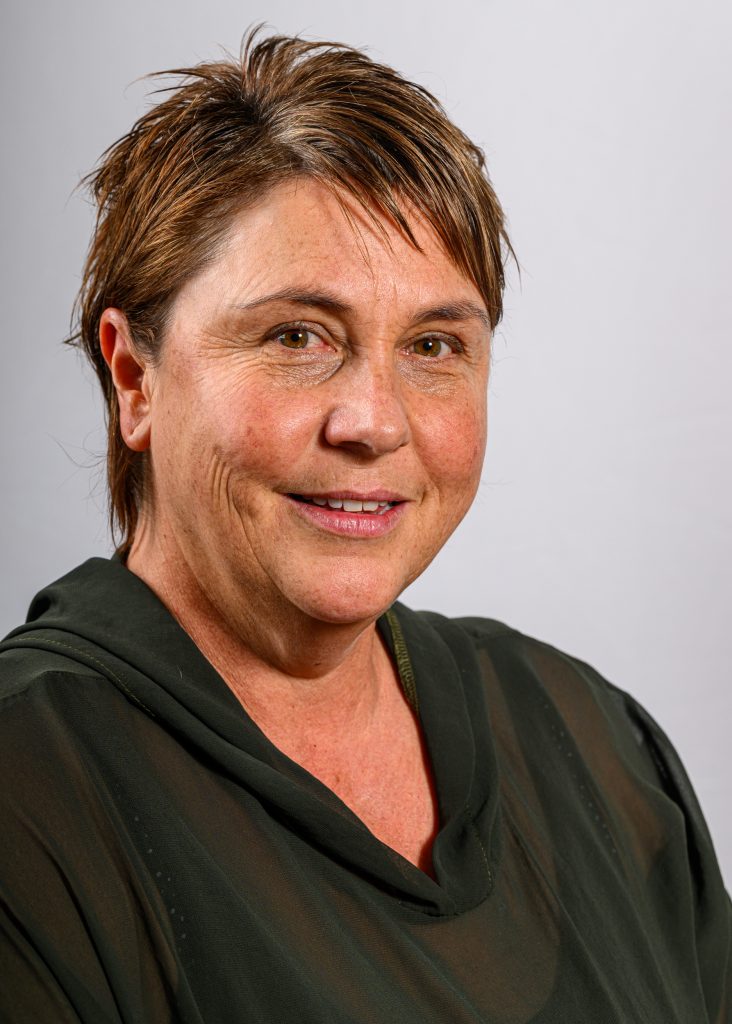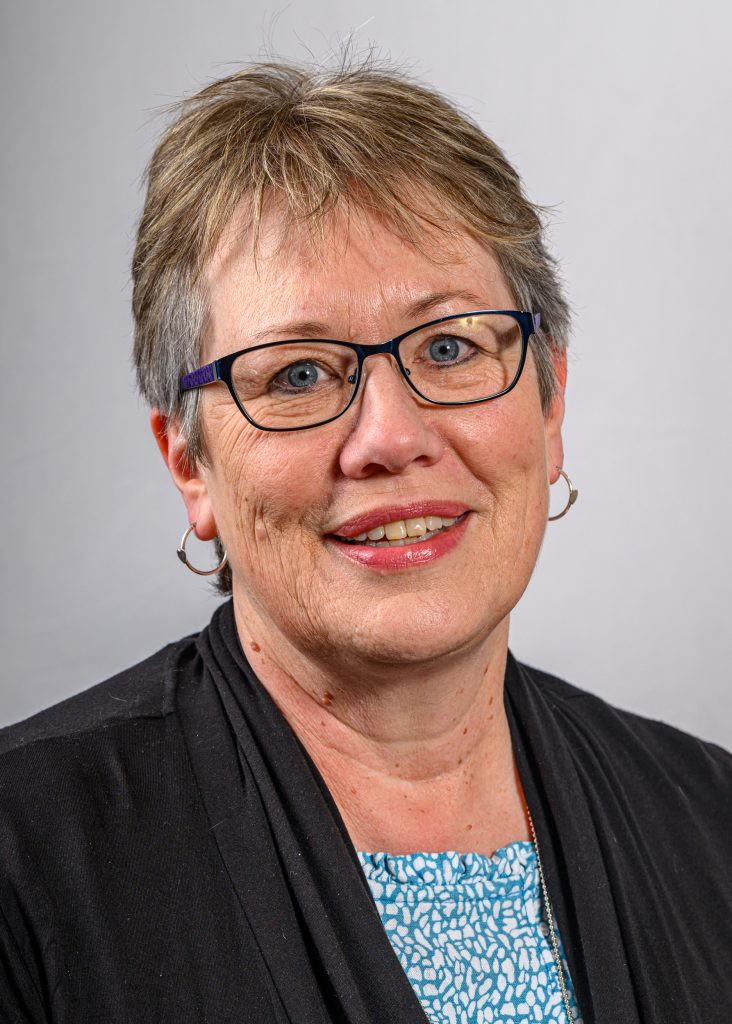Enrich@ILT
Our Story / Tā Mātou Kōrero
Enrich@ILT is the result of a collaboration formed in 2008 between all 22 Invercargill City primary schools.
The schools collectively put together a funding application to the Invercargill Licensing Trust who had a vision to create Invercargill to be the City of Educational Excellence. The Invercargill Primary School Educational Initiatives Trust was set up to run Enrich@ILT.
Principals had long discussed the lack of opportunity and funding to seriously enhance the education for Gifted & Talented ākonga.
In 2009 Enrich@ILT, a one day school for Gifted & Talented ākonga/students opened with a roll of 50 ākonga attending over two days, with two kaiako/teachers.
The other three days were filled with all schools participating in an ICT rich programme to fully utilise the technology rich environment.
Over time the roll has grown significantly, in 2022 Enrich@ILT opened at the new location of the former Elmwood Gardens on Dee Street.
We will open with a roll of 200 ākonga attending over the five days with a teaching team of four kaiako and the Centre Manager, Peter Forde.
Our Values / Tā Mātou Kaupapa
We believe that every Gifted ākonga deserves the opportunity to participate in a differentiated, specialist learning programme designed to meet their specific and unique developmental needs. We educate our Gifted ākonga learners and whanau to develop their personal understanding of what it means to be a Gifted individual. Our intention is to empower our learners to gain an innate understanding of themselves to enable them to live their best lives. Our Gifted learners can also have complex learning needs and Neurodiversities such as Twice Exceptional (2E), ASD, ADHD and Dyslexia. Having an exceptional ability as well as a learning disability can pose difficulties as they have all their ideas but struggle to communicate them.
We are teaching the Pathway to Empathy programme, this is a part of the Play is the Way methodology, using physically interactive games and activities. Alongside five guiding concepts, an empowering self reflective language and six key virtues that together form a pathway to empathy.
Good Manners
The habit of speaking and acting in a way which gives people a feeling of being appreciated, valued and respected.
The habit of using the words and actions of good manners with sincerity.
Friendliness
The habit of being interested in others and sharing your time, ideas, feelings, belongings and yourself with them.
The habit of saying and doing things to lessen the labour and effort of others (helpfulness)
Courage
The habit of accepting your fear and nevertheless making yourself say or do the things you know are right and more important than your fear.
The habit of sticking to your values and resisting the temptation to abandon them.
Persistence/Resilience
The habit of trying again and again without complaint or need for a reward and accepting failure as a stepping stone to success and bouncing back.
The habit of seeing problems and difficulties as things you can do something about to make better.
Tolerance/Acceptance
The habit of accepting and respecting difference and accepting things you cannot change.
The habit of avoiding judgement and forgiving faults and having the patience to work with them.
Compassion
The habit of caring deeply for the plight of others and the desire to help.
The habit of saying and doing things to raise the spirit of another (kindness).
Vision
Enthral
To capture the fascinated attention of, creating wonderment and awe.
Enhance
To strengthen individual capabilities and passions.
Enrich
To increase ākonga individual holistic wellbeing, connecting students with like minded people, opportunities, new knowledge and understanding themselves.
Navigating Principles
Challenge
To start learning tasks and create a plan to problem solve or achieve a solution.
Choice
To choose their own personalised learning pathway.
Curiosity
To ignite their thirst for knowledge, embracing their idiosyncrasies, quirks and passions.
Connecting
To seek intellectual, social and emotional connections with like minded peers.
Creative Thinking
To live in a world of endless possibilities through innovation, problem solving and generating original ideas from unexpected angles.
Critical Thinking
To consider alternatives through active student discussion, problem solving and justifying ideas and evaluating steps to form a conclusion.
Emotional Intelligence Toolbox
We believe that EQ is essential for our students to perceive, use, understand, manage and handle their emotions.
EQ has four main branches, each branch growing together to develop strong emotional intelligence.
Self Awareness
Ākonga need to understand their strengths and weaknesses in order to understand their emotions and be able to be the master of these in all areas of their lives. Gifted students frequently experience a range of emotional intensities.
Self Management
Ākonga need to be able to manage their own impulsivity to ensure they don't make weak decisions. We encourage and support students to manage their behaviours, thoughts and emotions in a conscious and productive way. Developing an understanding of personal responsibility in different aspects to be able to navigate their lives in a productive and successful manner.
Social Awareness
Ākonga need to consider the perspectives of individuals, groups or communities. This enables them to ‘read the room’ and make decisions about reactions, behaviours and thoughts. Being able to consider others in an empathetic and accepting manner.
Relationship Management
Ākonga require the skills to connect with others, build positive relationships, take risks, respond to the emotions of others and to influence others. Being able to work out of one's comfort zone, listen and respond respectfully to differing opinions and multiple perspectives.
Māori Giftedness Attributes
Manaakitanga –has a generosity of spirit and selflessness in nurturing the wellbeing of others.
Whanaungatanga - being a role model and team player, connecting well with others.
Wairuatanga – This involves spirituality, being grounded, calm, a sensitive and reflective thinker.
Kaitiakitanga – guardianship of knowledge, the environment, and resources, having a very strong awareness of global issues and responsibilities.
Rangitiratanga –has mana amongst peers, is a visionary and strategic thinker, opinions sought and valued, will stand up for beliefs and values, shows initiative, motivates others, sees beyond the obvious, often has mandate as group spokesperson.
Matauranga - Involves a thirst for learning particularly at a deeper and more complex level of thinking. This is often evident during class, group or 1-1 discussions with students, rather than reliance on written work.
Tikanga - shows appropriate respectful behaviour, knowledge of protocols, customs and rituals that demonstrate values and beliefs.What is Giftedness?
- Gifted children may share many common traits, they often have a wide range of interests, read widely and display insatiable curiosity.
- Gifted ākonga can demonstrate an advanced ability or potential in one or more areas that is different to that of their peers of the same age.
- Gifted ākonga experience life in a different way, they may be intense, they may feel things deeply and wonder why.
- They may ask never ending questions and not be satisfied with the answers.
- They may be perfectionists, setting very high standards for themselves.
- They may possess a deep concern for the pain of the world or rage against social injustices, real or perceived.
- They may love to argue, they may also possess an astonishing mature sense of humour.
- They may also frustrate, amuse or annoy others and be blissfully unaware of their impact.
Our People / Ō Mātou Tāngata
Our team brings a diverse range of life experiences and skill sets, combined with personal passions and high interest areas.

Centre Manager
Peter Forde
Pete is the Centre Manager he brings strong leadership experience from many years as a Principal. Pete brings a passion for Mathematics, Coding and igniting students curiosity about the World. He is a historian and loves sharing his extensive travel experiences.

Teacher
Ginny
Ginny joined the teaching team in 2014, she enjoys the freedom to provide creative learning opportunities utilising her personal strengths of Music, Drama and all areas of the performing Arts. Ginny is an enthusiastic Thespian and has performed in many productions and plays. She is a Trinity College examiner for Speech and Drama, Communication Skills, Acting and Musical Theatre.

Teacher
Jenni
Jenni has been a part of the Enrich@ILT teaching team for twelve years. Jenni brings a wealth of experience and enjoys providing many creative experiences. Jenni’s areas of strength include Art, Technology and she is the Queen of 3-D printing.

Office Administrator
Dawn
Dawn joined the team as our Office Administrator in 2019, she has been a Teacher Aide and enjoys being a part of a learning environment with children making new discoveries. She is an integral part of our team.
Our Programme / Hōtaka
This year we are using the REACH Model, a framework for understanding. We have enjoyed working with Dr Rosemary Cathcart, especially over the last two years.
Our team has completed the REACH Certificate in Effective Practice in Gifted Education.
The REACH model is an ākonga-centred, holistic framework that helps kaiako to understand the very different needs gifted learners bring to the classroom. It gives kaiako a sound knowledge basis for planning lessons that include gifted learners. It is linked to a raft of practical and teacher-friendly strategies. It is built around five key concepts.
Generating a high level of interest in learning
Gifted learners have a capacity for intense and productive interest, but are often bored by routine schoolwork. So we have developed a range of strategies to re-capture and maintain high interest.
Developing the "tools of thought"
Gifted learners are capable of working far ahead of age peers in their areas of ability, but need to be given opportunities to learn the advanced skills necessary to such advanced work.
Developing intellectual and creative potential
This is central to our work with gifted learners. It recognises and explores their capacity, not only to master the known and expected, but also, ultimately, to go beyond the known, to achieve new understandings and fresh insights.
Fostering emotional, social and ethical development
This gives balance and depth to our planning. It recognises the human needs of gifted children as well as their intellectual and creative abilities. It puts learning itself into the context of human experience, and supports children in their growth towards a caring concern for others.
Evaluating our learning
This is the final step in preparing gifted learners to become independent thinkers, innovators and creators. Ultimately it supports gifted learners in developing the skills needed to build and then work towards fulfilling their life vision.
Our Day / Hōtaka
Each day will incorporate aspects of the following in the programme, we are planning from Te Whare Tapa Wha Model with ākonga hauora at the centre of everything we do.
Understanding Self
Learning experiences for this time will include learning about aspects of Giftedness, Dabrowski's Emotional Intensities, Emotional Intelligence Tasks, Philosophy and the Ko Wai Au research.
Developing a deeper understanding of how they learn, their strengths and weaknesses and strategies to manage these to ensure success. Key Competencies from the New Zealand Curriculum will also be woven through these experiences.
Conceptual Understanding
Gifted ākonga have a deep desire to make meaningful connections to big life concepts, they have a desire to find out the Why, the How, the What if, and make esemplastic power of the imagination, hidden ideas and understandings.
There is choice and challenge provided in big conceptual ideas delivered in small groups and rotations, they select the one that interests them the most.
We have 1:1 access to a wide range of cutting edge Technology in the centre that ākonga utilise for their learning.
Curiosity
Ākonga that show a deep interest in a topic or area are able to plan an investigation into this with scaffolding from the teaching team.
Within this time they may access the Depth and Complexity Tools, Questioning Skills, Research Models, and present in multi media mediums. The essence of this new learning is, now that I know this, how can I use this new knowledge to make a difference to the lives of people, locally, nationally or globally?
Contact
Enrich@ILT
309 Dee Street Invercargill